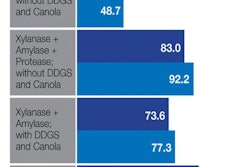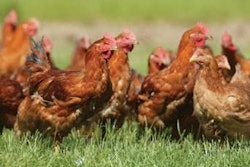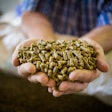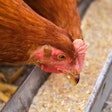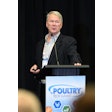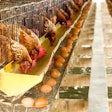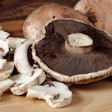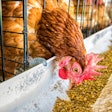Animal protein consumption and feed production is rapidly increasing in the Middle East, North Africa and Turkey. To examine how to optimize animal nutrition, feed quality and ultimately profitability in these regions, Kemin assembled a three day panel discussion in Izmir, Turkey, with leading industry experts.
Professor Xavier Gellynck, of the Faculty of Bioscience Engineering at Ghent University, stated that the Middle East and North Africa (MENA) region is expected to grow by 300 million people by 2050, offering immense opportunities for additional food supply.
Professor Alaeldein Abudabos, of King Saud University in Saudi Arabia, and Professor Taha Najar, of the National Agronomic Institute of Tunisia, said the MENA region is in need of natural solutions for better gut health management. To reinforce his findings, Najar presented an additional broiler trail that demonstrated the positive impact of Clostat on gut health and animal performance in conditions free of antibiotic growth promoters.
Also featured on the panel, Dr. Shaker Shannak, feed nutritionist in the Middle East, discussed how enzymes can help to promote efficient animal production in MENA countries. She stressed the benefits of a multi-enzyme combination, such as Kemin Industries’ Kemzyme Plus Dry, which has more than one level of enzyme activity. To demonstrate these significant cost savings, Shannak presented a practical feed reformulation exercise using Kemzyme Plus Dry.
In regards to feed quality, Professor SiskaCroubels, of the Faculty of Veterinary Medicine at Ghent University, stated that mycotoxins continue to remain a complex and challenging topic. She strongly stressed that research needs to focus on the effects of mycotoxins at low levels, both individually and together.
Dr. Mauro di Benedetto, Kemin senior technical service manager, discussed how to improve nutrition by evaluating the nutritional and quality profile of oils and fats. The nutritional value of oils and fats are characterized by the ratio of unsaturated/saturated fatty acids, the level of free fatty acids, as well as the level of moisture and various impurities.
In addition, Benedetto discussed Lysoforte Booster Dry, a natural biosurfactant that has been shown to enhance the utilization of energy from oils and fats and reduce variations, leading to improved feed conversion ratios and, consequently, lower production costs.
Furthermore, discussing the importance and need to improve broiler performance among MENA countries, Matthew Wilson, technical manager from COBB Europe, shared knowledge on wet litter management. Wilson explained that wet litter management is all about moisture control, in essence it is the balance between the factors that introduce moisture into the broiler house and the ventilation system.
The panelists presented the audience with new ideas and encouraged greater use of the animal nutrition and health solutions available to them in order to help grow production and profitability in the MENA region.

